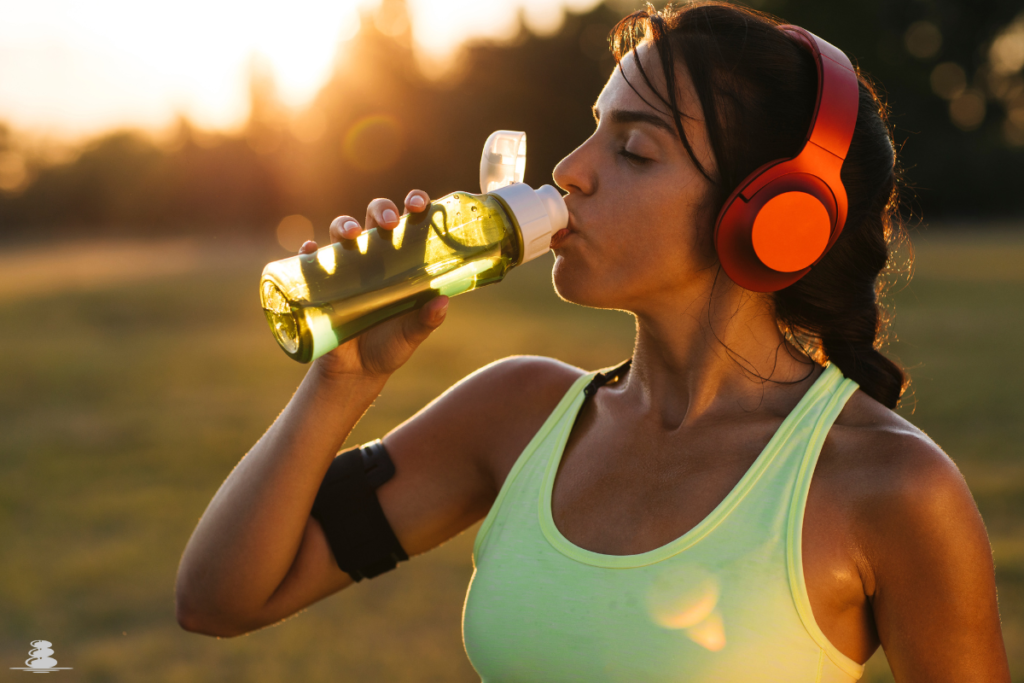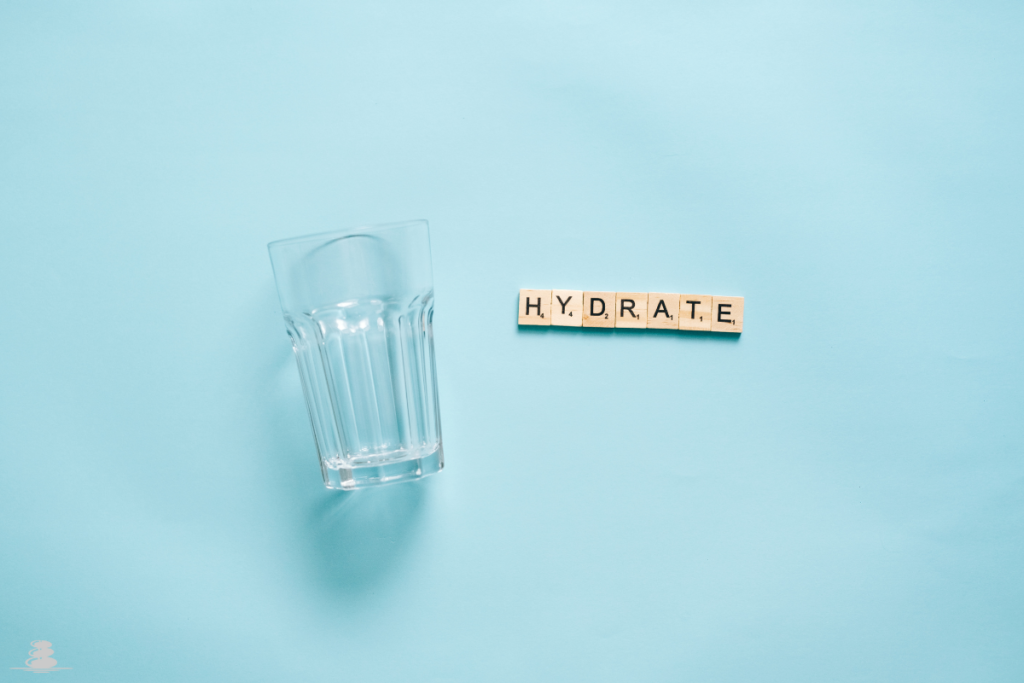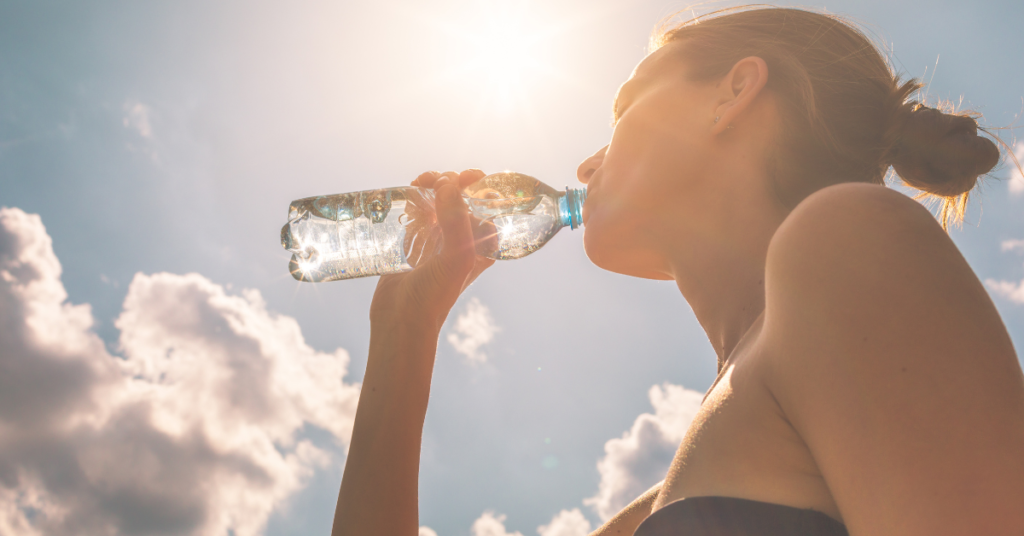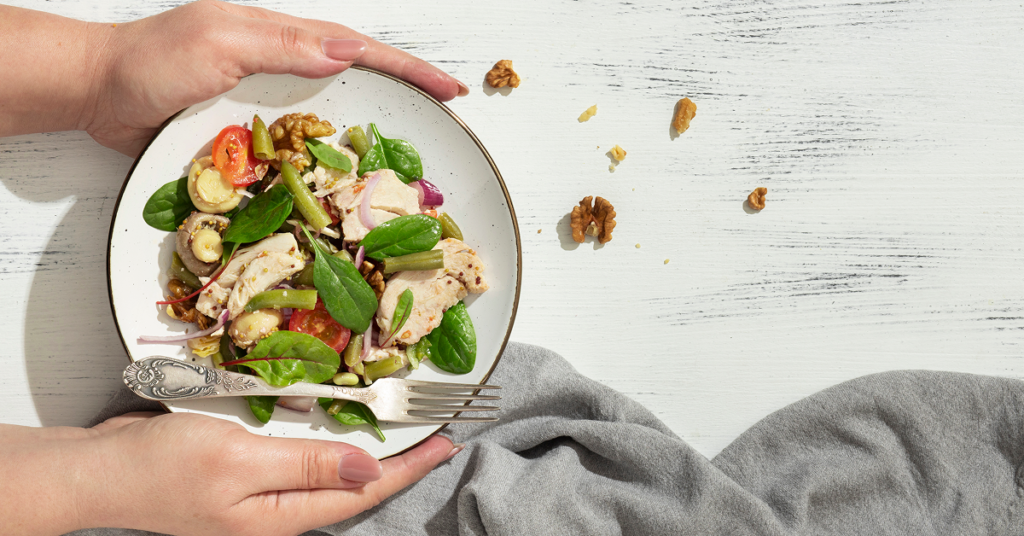Why Hydration Matters in Exercise
Water is essential for nearly every function in the body, including temperature regulation, joint lubrication, and muscle function. This is especially true when it comes to hydration and exercise—proper hydration plays a crucial role in transporting nutrients to cells, removing waste products, and supporting metabolic processes that provide energy for movement. Without sufficient water, these functions are impaired, making it harder for the body to perform efficiently during physical activity.
During exercise, you lose fluids through sweat, which helps cool your body down. However, excessive fluid loss without replenishment can disrupt the balance of electrolytes—such as sodium, potassium, and magnesium—leading to muscle cramps, dizziness, and impaired nerve function. This is exactly why hydration matters in exercise: maintaining proper fluid levels helps to prevent these issues and ensures your muscles and nervous system function at their best.
When dehydration occurs, your body’s ability to cool itself effectively is compromised, causing an increase in core temperature. This can lead to heat exhaustion and, in extreme cases, heat stroke. Additionally, dehydration can cause a decline in blood volume, making the heart work harder to pump oxygen and nutrients to muscles. This added strain results in premature fatigue, decreased endurance, slower reaction times, and an increased risk of injuries due to poor coordination and muscle stiffness.
For athletes and fitness enthusiasts, maintaining hydration is essential for optimal performance, faster recovery, and reducing post-workout soreness. Proper hydration ensures that muscles remain flexible, joints stay lubricated, and mental focus remains sharp throughout physical activity. Understanding why hydration matters in exercise is key to enhancing performance and preventing fatigue, making hydration a non-negotiable part of any fitness regimen.
The Effects of Dehydration
Even mild dehydration can cause:
- Reduced endurance and strength
- Increased fatigue
- Muscle cramps
- Dizziness and headaches
- Decreased coordination and focus
When dehydration becomes severe, it can lead to heat exhaustion or heat stroke, which are serious conditions requiring medical attention.
How Hydration Improves Performance
Staying properly hydrated offers several benefits that enhance exercise performance:
- Boosts Endurance: Proper hydration helps maintain blood volume and circulation, ensuring oxygen and nutrients reach muscles efficiently. When you are well-hydrated, your heart doesn’t have to work as hard to pump blood, leading to sustained energy levels and better cardiovascular performance, especially in endurance sports like running or cycling.
- Regulates Body Temperature: Sweating helps cool the body, but without enough fluids, the body struggles to regulate temperature, increasing the risk of overheating. Overheating can lead to a decline in performance, excessive fatigue, dizziness, and even heat stroke in extreme cases. Drinking enough water helps your body sweat efficiently, preventing dangerous rises in core temperature.
- Prevents Cramps and Injuries: Muscles require adequate hydration to function properly. Dehydration can cause cramps, stiffness, and increased tension, which raises the likelihood of strains or injuries. Maintaining fluid balance helps keep muscles supple and reduces the risk of painful cramps, particularly in high-intensity workouts or prolonged physical activities.
- Enhances Recovery: Water aids in flushing out toxins, reducing muscle soreness, and replenishing lost electrolytes, speeding up recovery after workouts. Hydration supports protein synthesis and glycogen restoration, which are crucial for muscle repair and rebuilding. Proper hydration also supports joint lubrication, reducing post-exercise stiffness and discomfort, allowing for faster and more effective recovery between training sessions.
Hydration Strategies for Optimal Performance

1. Drink Water Before, During, and After Exercise
- Before: Drink 500-600ml (17-20 oz) of water 2-3 hours before exercising. Proper pre-hydration allows your body to start with adequate fluid levels, reducing the risk of early dehydration during workouts.
- During: Consume 200-300ml (7-10 oz) of water every 20 minutes, especially during intense or prolonged workouts. If you’re exercising in a hot environment or sweating heavily, consider alternating between water and electrolyte drinks to maintain balance.
- After: Rehydrate with 500-700ml (16-24 oz) of water for every pound of body weight lost during exercise. Drinking water immediately after workouts helps replenish lost fluids, aiding muscle recovery and preventing post-exercise dehydration.
2. Monitor Your Hydration Levels
- A simple way to check hydration status is by observing urine color. Light yellow urine indicates good hydration, while dark yellow suggests dehydration. Clear urine may indicate overhydration, so balance is key.
- Pay attention to thirst cues—if you’re feeling thirsty, you’re already slightly dehydrated. Frequent headaches, dry mouth, and sluggishness are also signs of insufficient hydration.
- Weighing yourself before and after a workout can help estimate fluid loss. If you’ve lost more than 2% of your body weight, you may need additional fluids to restore hydration levels.
3. Consider Electrolyte Replenishment
- If exercising for over an hour, especially in hot or humid conditions, replenishing electrolytes is crucial for maintaining hydration and exercise performance. Electrolytes such as sodium, potassium, magnesium, and calcium help regulate muscle contractions, nerve function, and fluid balance.
- A deficiency in these essential minerals can lead to muscle cramps, dizziness, and decreased endurance. Sports drinks or electrolyte tablets can be effective solutions, but be mindful of sugar content and opt for balanced formulations.
- Natural sources like coconut water, bananas, avocados, and leafy greens are excellent options for replenishing electrolytes in a healthy way. Including these in your post-workout meal can enhance recovery and rehydration.
- For endurance athletes, hydrating with an electrolyte-enhanced drink before, during, and after long workouts can help maintain optimal hydration levels and prevent performance decline due to excessive fluid loss.
- If exercising for over an hour, especially in hot or humid conditions, replenish electrolytes with drinks containing sodium, potassium, and magnesium. These minerals help regulate muscle contractions and prevent cramping.
- Natural sources like coconut water, bananas, and leafy greens can also help restore electrolyte balance without added sugars or artificial ingredients.
- For endurance athletes, sports drinks with balanced electrolytes can be beneficial, but it’s essential to choose options with minimal artificial additives.
4. Avoid Dehydrating Beverages
- Alcohol, caffeine, and energy drinks can all contribute to dehydration, making it harder for your body to maintain optimal hydration levels during exercise. These beverages increase urine output, leading to greater fluid loss and increasing the risk of dehydration during or after workouts.
- While moderate amounts of caffeine can have a mild diuretic effect, excessive consumption, particularly during intense or prolonged physical activity, can undermine your hydration efforts. Overconsumption of caffeine can exacerbate dehydration, leading to muscle fatigue, dizziness, and reduced stamina.
- Alcohol, on the other hand, disrupts the body’s ability to retain water and impairs thermoregulation, which affects the body’s ability to manage heat during exercise. Consuming alcohol before, during, or after exercise can hinder muscle recovery and increase the risk of muscle cramps, dehydration, and excessive fatigue.
- Sugary drinks, such as sodas or energy drinks, may provide a temporary energy boost, but their high sugar content can lead to water retention, causing an imbalance in electrolytes. These drinks may not effectively hydrate the body and can leave you feeling sluggish. Opt for healthier hydration alternatives, such as infused water with fruits or herbs, or naturally hydrating beverages like coconut water that provide both hydration and electrolytes.
- Additionally, processed foods with high sodium content can increase thirst and contribute to water retention, making it more challenging for your body to maintain proper hydration levels. Excessive salt intake from fast foods or salty snacks can interfere with the fluid balance needed for optimal performance and recovery.
- Alcohol and excessive caffeine can contribute to dehydration by increasing urine output. If consuming these, increase water intake to compensate.
- Energy drinks and highly sugary beverages can also disrupt hydration balance. Opt for natural hydration sources or infused water with fruits and herbs for a refreshing alternative.
- Be mindful of high-sodium processed foods, as excessive salt intake can increase water retention and negatively impact hydration balance.
Conclusion

Proper hydration is a simple yet powerful way to enhance your workout performance, prevent fatigue, and support faster recovery. Staying hydrated not only helps your muscles function optimally but also ensures that your joints remain lubricated, reducing the risk of injury. Additionally, adequate hydration supports cognitive function, helping you stay focused and maintain mental clarity throughout your workout.
By making hydration a priority before, during, and after exercise, you can maximize your physical potential and maintain overall health. Developing a habit of drinking water consistently throughout the day, rather than waiting until you feel thirsty, can prevent dehydration from impacting your performance. Keep a water bottle handy, set hydration reminders if needed, and listen to your body’s signals. Fuel yourself with the right fluids—whether it’s water, electrolyte-rich drinks, or natural hydration sources like coconut water—to ensure you perform at your best in every workout session.
Images: canva



